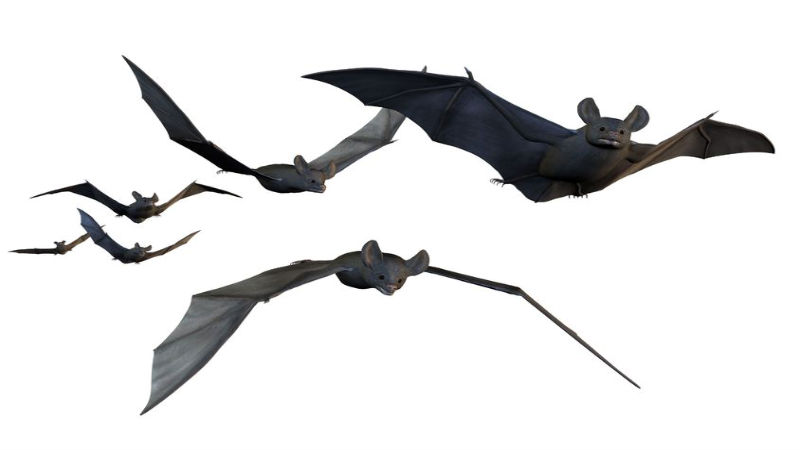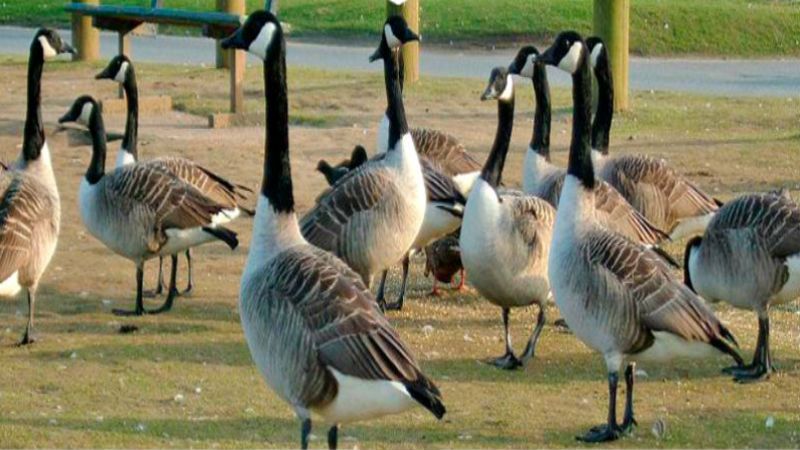Wild animals all have an important role to play in maintaining healthy ecosystems. When these wild animals begin to encroach on human territory, however, they can become a nuisance, or even a danger to human inhabitants and their pets. Raccoons, coyotes, foxes, skunks, and a wide variety of other mammals can all carry the rabies vaccine. When animals are infected with rabies, they become extremely aggressive, causing property damage and posing a serious threat. That’s where specialists in Animal control in Reynoldsburg come in.
Property owners or residents are not often equipped to handle potentially infected wildlife. Attempting to capture or kill a rabies-infected animal without appropriate training and equipment will only escalate the situation, so it’s important that residents understand their limitations. Companies, such as Your Ohio Wildlife Pro, that specialize in wildlife removal employ trained and licensed trappers and other professionals in the field, allowing them to safely remove the dangerous or nuisance animal with no threat to human life.
Initial symptoms of the rabies virus in wildlife are ambiguous at best. They can include lethargy, vomiting, fever, and anorexia. In a pet, these symptoms are easy to detect, but in a wild animal, diagnosis becomes much harder. Within days the disease progresses to cause cerebral and cranial nerve dysfunction, ataxia, seizures, and paralysis. This often leads to abnormal behaviors such as increased aggression and self-mutilation.
Anyone who is unsure as to whether a possum, raccoon, groundhog, or other mammal might be infected should hire professionals in Animal control in Reynoldsburg immediately to assess the situation. Taking this absolutely necessary precaution prior to the appearance of secondary symptoms will make it much easier to remove the animal, and avoid potential threats to pet dogs, cats, and human inhabitants.
There is no appropriate known cure for rabies-infected wildlife. In humans, the progression of the disease can be stopped if it is caught early, but treatment involves a prolonged series of extremely unpleasant shots, which are best avoided. Animals, even those behaving strangely, that are not found to be infected can be humanely trapped and removed from the property, but only a professional will be able to tell the difference in the early stages of infection.







